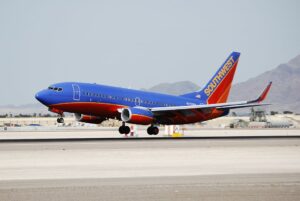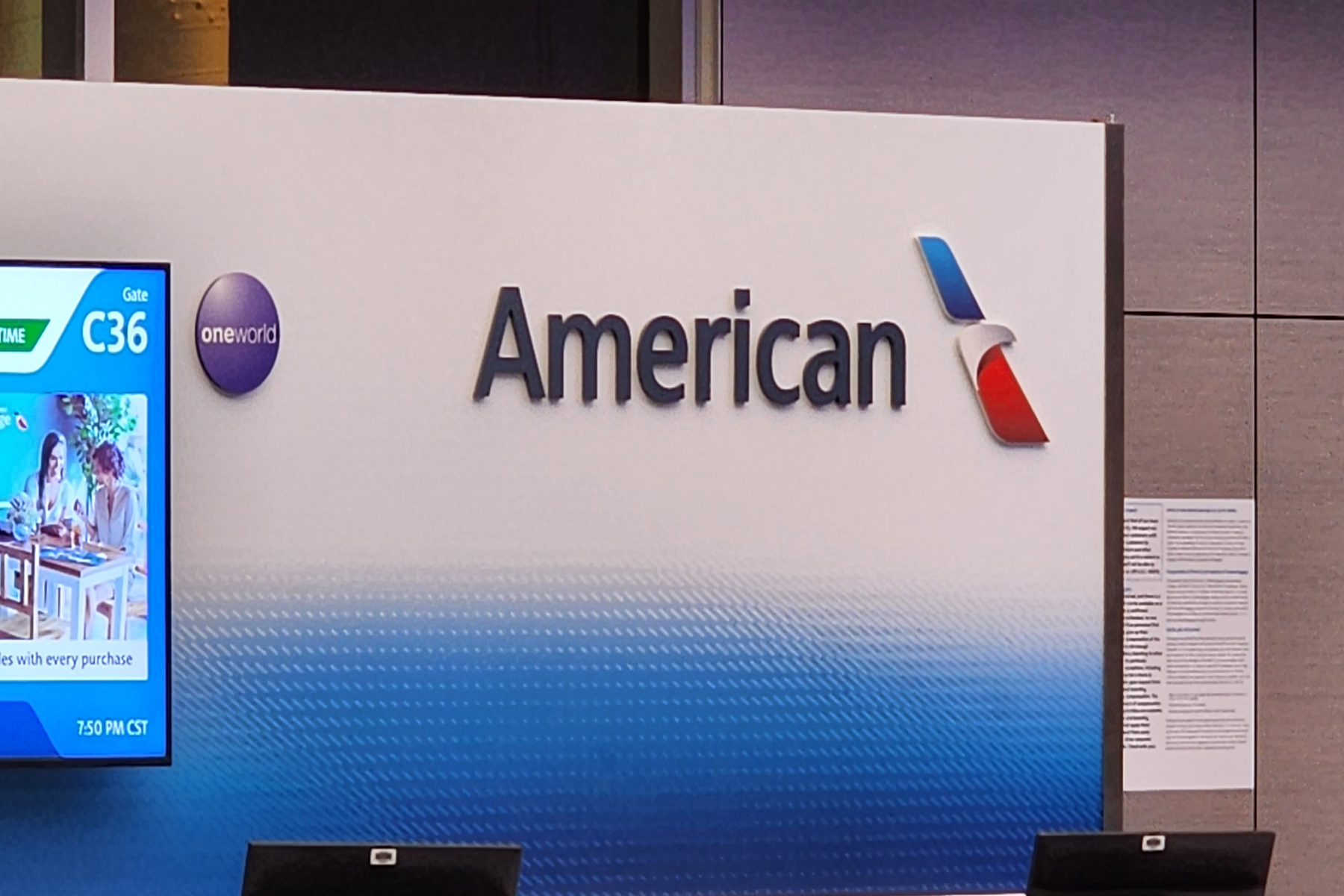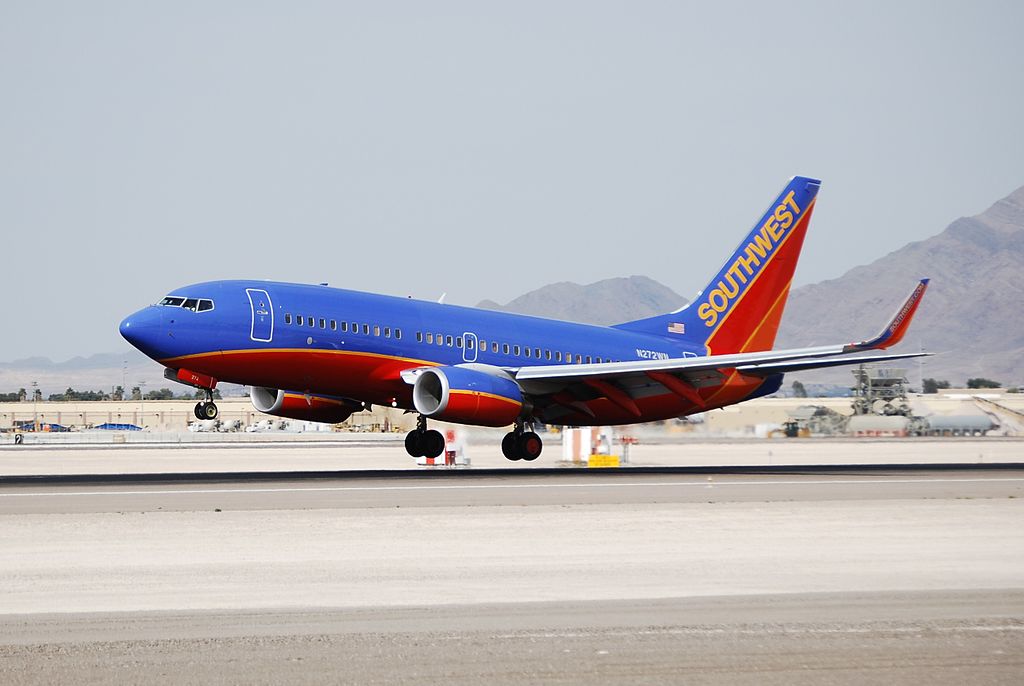Will Going Green Cost Flyers More Money?

During their annual media days, the International Air Transport Association (IATA) told reporters that the cost of “going green” and decarbonization could end up trickling down into the price of airfare in the future.
Airlines Begin to Recover from Pandemic, But Decarbonization Costs Increasing
In their annual address to the media, IATA director general Willie Walsh noted the aviation industry is poised to come back stronger in 2023. Across the industry, airlines are expected to lose only $6.9 billion by the end of the year – an improvement of nearly $3 billion from the projections at the 2022 Annual General Meeting. By 2023, carriers are projected to collectively post a profit of $4.7 billion, translating to a 0.6% net profit.
Walsh attributed the costs to several factors. Among them are government regulations, actively decarbonizing fleets and transitioning to sustainable aviation fuel, and labor costs.
“Many airlines are sufficiently profitable to attract the capital needed to drive the industry forward as it decarbonizes. But many others are struggling for a variety of reasons,” Walsh said in a press release. “These include onerous regulation, high costs, inconsistent government policies, inefficient infrastructure and a value chain where the rewards of connecting the world are not equitably distributed.”
When pressed further during a media availability, Walsh conceded that the costs may ultimately end up resulting in higher airfare for flyers. His arguments are based around inconsistent government policies and sustainable aviation fuel availability. While the U.S. is focused on more SAF production, Walsh claims the European Union’s plan to require airports to stock sustainable fuels without increasing production is counterproductive.
“You cannot expect an industry making on average $1 profit per customer to absorb the increases we’ve seen,” Walsh said, as quoted by Reuters. “Going forward as we see increases in carbon costs…there has to be an impact on ticket prices as the industry transitions to net zero. The airlines cannot absorb increased costs.”
Capacity Expected to Increase in Many Global Aviation Markets
Although prices could be climbing higher for North American flyers, the good news is that more domestic and international capacity will be available in 2023. IATA projects that North American airlines are expected to serve 97.2% of pre-pandemic demand, increasing to 98.3% of capacity compared to 2019. European carriers are expected to have a capacity growth of 6.1%, while the Middle East airlines should increase capacity by 21.2%.
Share your thoughts on the latest aviation news on the FlyerTalk Forums
























The bit about pandemic losses is just a red herring; higher costs will always ultimately be passed onto the customers if the business is to stay in business.
Going green has always been a way to increase profits and either cutting the product or service to the customer or increasing the cost, or both. The hospitality industry is a perfect example of this. Remember daily housekeeping service and clean linens? Every hotel now operates on an 'extended stay' expense schedule that improves the bottom line and cuts the servie to the customer. And this has become the norm in every industry where 'green' is touted as being the best way to go. (Like the paperless billing scams where companies now charge $3-4/mo for a paper bill even though their cost of delivering these has gone way down since they are not having to do as many, and previously was the only way they would get paid.)
Airlines can raise rates for whatever reason they want. And we as flyers will ultimately decide if we are going to pay or just take another way to get there or just stay home, with the latter two enacting a heavy negative effect on the airlines that they're getting short sighted of.
Thanks for the interesting article
This right here is entirely on point.
'Green' is just an excuse to cut service and/or raise prices to the consumer.